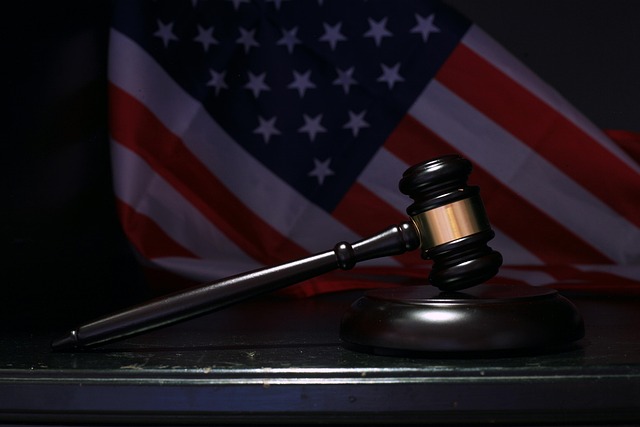In an era of rapid digital information spread, false accusations against C-level executives can severely damage reputations and leadership capabilities, especially in influential sectors like philanthropy and politics. To mitigate these risks, organizations should implement proactive measures including robust internal controls, comprehensive compliance programs, and transparent accountability. Training employees on ethical conduct and fostering open communication deter misconduct. Engaging experienced legal counsel in white-collar defense provides strategic guidance for navigating legal and reputational challenges. The key to success is building a strong defense through evidence gathering, expert opinions, and issuing transparent statements to mitigate damage, emphasizing integrity and ethical conduct.
In today’s high-stakes business environment, C-level executives face mounting scrutiny. A false accusation can have devastating consequences, damaging reputations and careers. This article explores the impact of such allegations and provides strategic insights for building a robust defense. We delve into proactive measures organizations can take to mitigate risk and navigate complex legal and reputational waters post-accusation. Understanding these strategies is crucial for safeguarding leaders and ensuring organizational resilience in the face of false accusations.
- Understanding the Impact of False Accusations on C-Level Executives
- Strategies for Proactive Defense: What Organizations Can Do
- Navigating Legal and Reputational Waters: Key Steps After a False Accusation
Understanding the Impact of False Accusations on C-Level Executives

False accusations against C-level executives can have devastating consequences, damaging reputations, causing significant stress, and impacting their ability to lead effectively. In today’s public and highly scrutinized environment, where information spreads rapidly, protecting against such allegations is paramount for maintaining organizational integrity. This is especially true as these executives often serve in pivotal roles within philanthropy and political communities, where every decision carries weight and influence.
Building a robust defense against false accusations involves navigating all stages of the investigative and enforcement process with strategic precision. It requires gathering compelling evidence, constructing a strong narrative, and presenting it clearly during any potential jury trials. Such proactive measures ensure that executives can defend their integrity and reputation while upholding the values and standards expected of them within these influential circles.
Strategies for Proactive Defense: What Organizations Can Do

Organizations facing potential or actual C-level investigations must take proactive steps to build a robust defense against false accusations. This involves implementing strong internal controls and compliance programs, ensuring transparency and accountability at all levels. Regular training sessions for employees on ethical conduct and reporting mechanisms can act as an early warning system, deterring misconduct before it escalates.
Additionally, fostering a culture of open communication where employees feel safe to report concerns without fear of retaliation is crucial. Engaging reputable legal counsel specializing in white-collar defense can provide valuable guidance, ensuring that the organization’s actions are legally sound and supportable. Leveraging the expertise of these professionals helps maintain a strong defense for his clients, backed by an unprecedented track record of success.
Navigating Legal and Reputational Waters: Key Steps After a False Accusation

When a false accusation strikes, especially at the C-level, navigating the legal and reputational waters can be a complex and challenging task. The first step is to build a defense against false accusations by gathering evidence that refutes the claims. This involves meticulously documenting interactions, reviewing communications, and seeking expert opinions where necessary. Engaging with general criminal defense attorneys who specialize in white-collar and economic crimes is crucial for strategic guidance and representation throughout this process.
Once the initial defense strategy is in place, it’s important to act promptly. Take measures to mitigate potential damages to personal and professional reputation by communicating transparently with stakeholders. This might include issuing statements that address the accusations directly, clarifying misunderstandings, and ensuring your actions align with maintaining integrity and ethical conduct. Remember, how you respond after a false accusation can significantly impact your future prospects.
False accusations can significantly impact C-level executives, underscoring the need for proactive measures. Organizations must prioritize building a robust defense strategy and navigate legal and reputational waters meticulously. By understanding the potential consequences and implementing key steps, such as gathering evidence, consulting experts, and fostering transparency, businesses can mitigate risks and protect their leaders’ reputations. This multi-faceted approach to defending against false accusations is essential in maintaining organizational integrity and ensuring long-term success.






